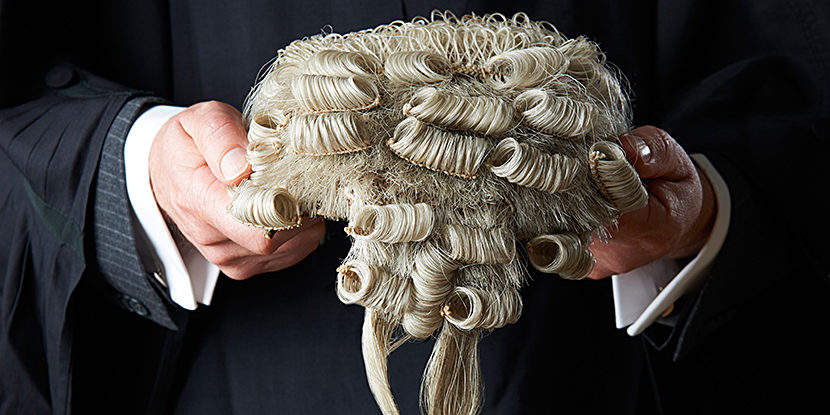How to Brief a Barrister

To brief a barrister it is important to provide them with all of the relevant court documents to effectively represent you at court including;
- Filed documents
- Copy of court orders
- Chronology of events
- Affidavits and witness statements
- Subpoena evidence
For many self represented litigants this is the first time they have engaged a barrister so the process can be rather daunting. Therefore here are some of the most important documents for you to provide to the barrister so that you know how to brief a barrister correctly to improve your chances of effective representation and to save costs.
Filed Documents
Throughout a court matter there are many documents that are filed by both parties. The Barrister should be provided with a copy of these filed documents so that they can be familiar with all aspects of the material that will be relied on at court.
Copy of Court Orders
The court will have made orders throughout the case that may be relevant for the court hearing. This can involve ordering the parties to carry out tasks or procedural orders for the filing of evidence. All court orders should be provided to the barrister.
Chronology of Events
A thorough chronology will assist in the Barrister becoming familiar with the overall context of the case. A Barrister will most likely prepare their own chronology but providing a chronology to them in advance will greatly assist.
Affidavits & Witness Statements
It is essential that all affidavits and witness statements be provided to the Barrister. This is important because these are the very documents that the Barrister will be cross examining each of the witnesses on.
Subpoena Evidence
If there has been material produced on subpoena to the court then the Barrister will need to have access to that material. Often this material is complex and lengthy so providing a summary can be helpful. However a skilful Barrister will be able to analyse this material to gather important evidence to be presented to the court.
Leigh Finch is a Barrister admitted into the Supreme Court of NSW and regularly appears in the Federal Circuit and Family Court of Australia in family law matters. Leigh Finch accepts direct access briefs in family law proceedings. Leigh also appears as a defence Barrister in criminal law proceedings having appeared in jury trials. Leigh's practice also encompasses civil matters and human rights proceedings.
Liability limited by a scheme approved under the Professionals Standards Legislation

